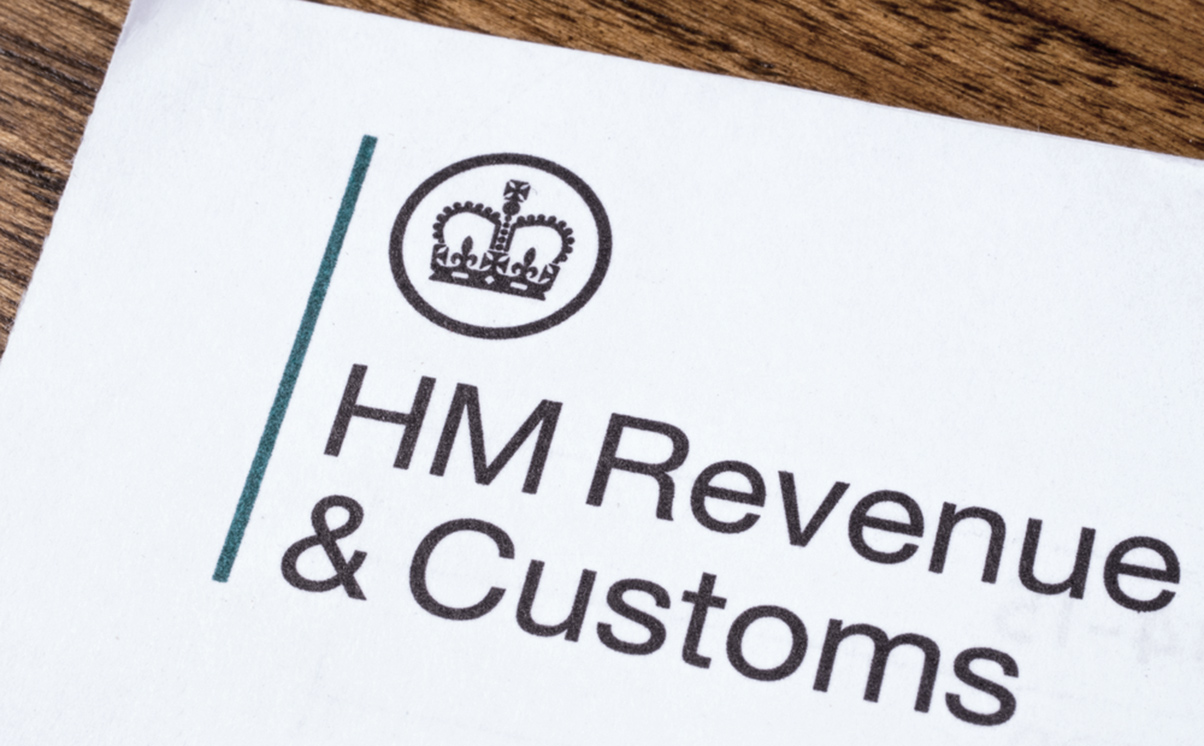Lee Ellis, Victor Cramer, David Pickstone and Cristiana Bulbuc have drafted the United Kingdom chapter of the Ninth Edition of the Tax Disputes and Litigation Review, recently published by The Law Reviews. The book gives information on tax disputes across 22 jurisdictions.
Below is the section of the chapter on costs in tax cases. The introduction can be found here.
Costs
As a general rule, the Tax Tribunal has no power to award costs to the successful party (except in complex cases and VAT cases that began before 1 April 2009). The Tax Tribunal can, however, make an order awarding the costs of (or incidental to) the hearing against any party (including one that has withdrawn its appeal) if it considers that party has ‘acted wholly unreasonably’ in connection with the proceedings (Rule 10(1)(a) The Tribunal Procedure (First-tier Tribunal) (Tax Chamber) Rules 2009 (SI 2009/273) (FTR) and Section 29, TCEA 2007; rule 35 of Tribunal Procedure (Amendment) Rules 2013 (SI 2013/477) inserted into Rule 10(1)(a), FTR that such an order also extends to ‘costs incurred in applying for such costs’; 126 Rule 10(1)(b), FTR). There is a growing body of case law concerning the interpretation of ‘unreasonable’ conduct (See in particular Market & Opinion Research International Limited v. HMRC [2015] UKUT 12 (TCC), Paragraphs 22–28; Gheorge Calin Cantana v. HMRC [2012] STC 2138). For complex cases, the High Court costs regime applies (i.e., the losing party pays the costs of the winning party) but with the caveat that the taxpayer can opt out of that regime within 28 days of the case being classified as complex – in which case there will be no costs whether the taxpayer wins or loses (Rule 10, FTR). The rationale behind this is that a taxpayer should not be deterred from taking an appeal by the risk of having costs awarded against him or her.
In the Upper Tribunal, the High Court and the higher courts costs are, in principle, recoverable by the winning party. However, the rules governing their recovery are complex.
The Rees Practice
HMRC is willing in appropriate circumstances, and in particular where they are appealing against an adverse decision, to consider waiving any claim to costs in cases before the Upper Tribunal or the appeal courts, or to consider making other arrangements (this may also extend to cases before the Tax Tribunal). This is known as the Rees Practice. Application of the Rees Practice is vanishingly rare. It will only be applied where there is a risk of financial hardship to the taxpayer and the appeal involves a point of law, the clarification of which will benefit taxpayers as a whole. In general it will only be used where HMRC wishes to have a point of law clarified.
The full UK chapter of the Tax Disputes and Litigation Review Ninth Edition, can be accessed here.
The Tax Disputes and Litigation Review Ninth Edition, can be accessed in full here.
Reproduced with permission from Law Business Research Ltd
This article was first published in March 2021
For further information please contact Nick Barette
© 2021
You can find further information regarding our expertise, experience and team on our Tax Litigation and Investigations pages.
If you require assistance from our team, please contact us or request a call back from one of our lawyers by submitting this form.
Subscribe – In order to receive our news straight to your inbox, subscribe here. Our newsletters are sent no more than once a month.






